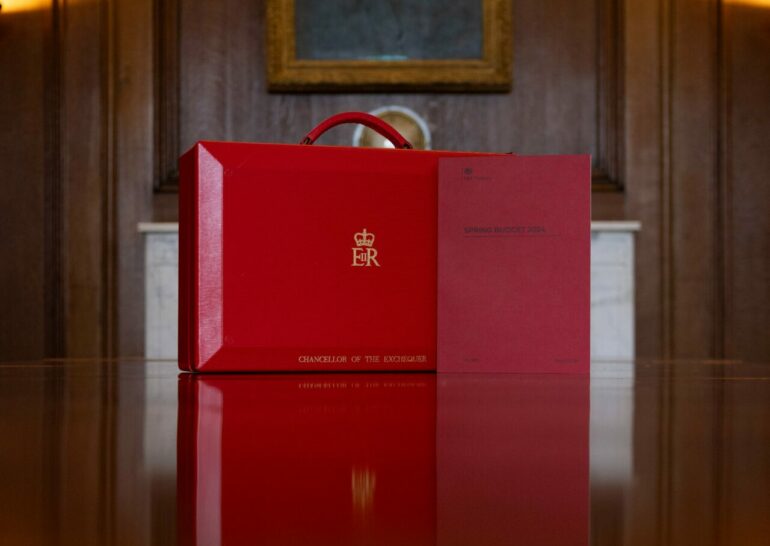Financial markets are on edge as concerns grow that the 30th October Budget could trigger a repeat of some degree of the market chaos that followed Liz Truss’ 2022 mini-Budget.
Nigel Green, CEO of deVere Group, warned that as Chancellor Rachel Reeves submits her tax and spending plans to the Office for Budget Responsibility (OBR), mounting speculation means fears of an investor backlash are looming.
He said: “In the weeks leading up to the Budget, UK gilt yields – widely seen as a barometer of investor confidence – have surged from 3.75% to around 4.2%.
“This rise, a clear signal that investors are offloading government debt, indicates growing concerns that the Chancellor may prioritize fiscal stimulus over long-term sustainability.
“The response recalls the shockwaves from Truss’s controversial fiscal plan in September 2022, which triggered a massive sell-off of UK gilts, rattling markets and forcing emergency interventions.”
The fears surrounding the upcoming Budget are also evident in currency markets.
Green said: “Sterling, which had been gaining ground earlier in the year, has seen its rally reverse, slipping against both the dollar and euro.
“Currency traders are increasingly factoring in the potential for increased borrowing, which could put further pressure on the pound in the weeks ahead.”
In addition, consumer confidence fell sharply in September, reflecting growing anxiety about the economy’s trajectory.
While inflation cooled from its previous highs, the impact of elevated interest rates is still hitting both businesses and consumers, leaving little room for fiscal missteps.
Green noted: “The need for public investment is clear, but so too is the requirement to maintain market confidence.
“Markets are extremely sensitive to any signal that borrowing could rise significantly.
“The rise in gilt yields shows that investors are already pricing in the possibility of increased borrowing, and if Reeves doesn’t tread carefully, we could see a repeat, albeit to a lesser degree, of the panic that followed Truss’s mini-Budget.”




